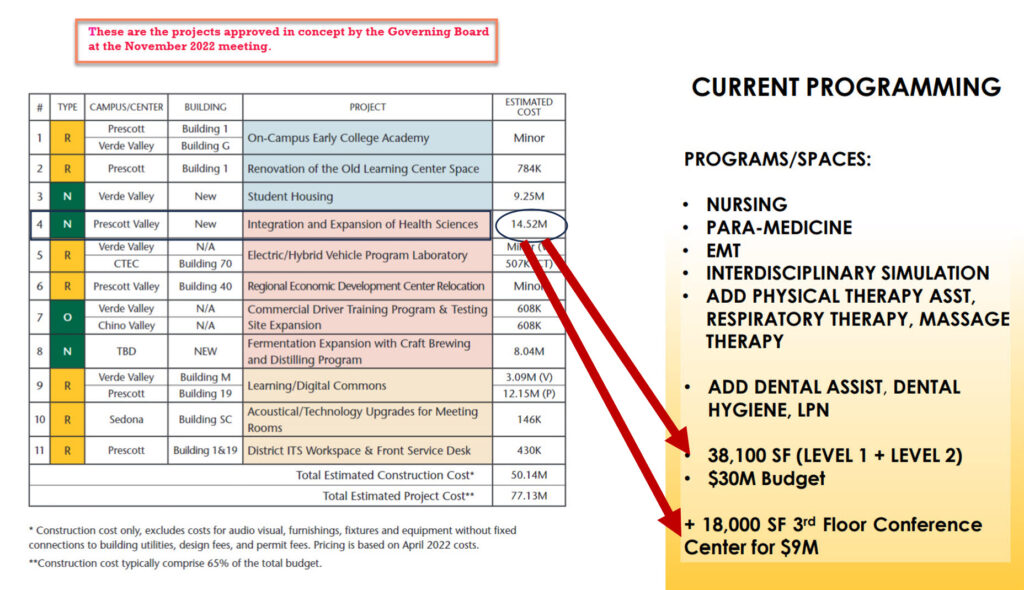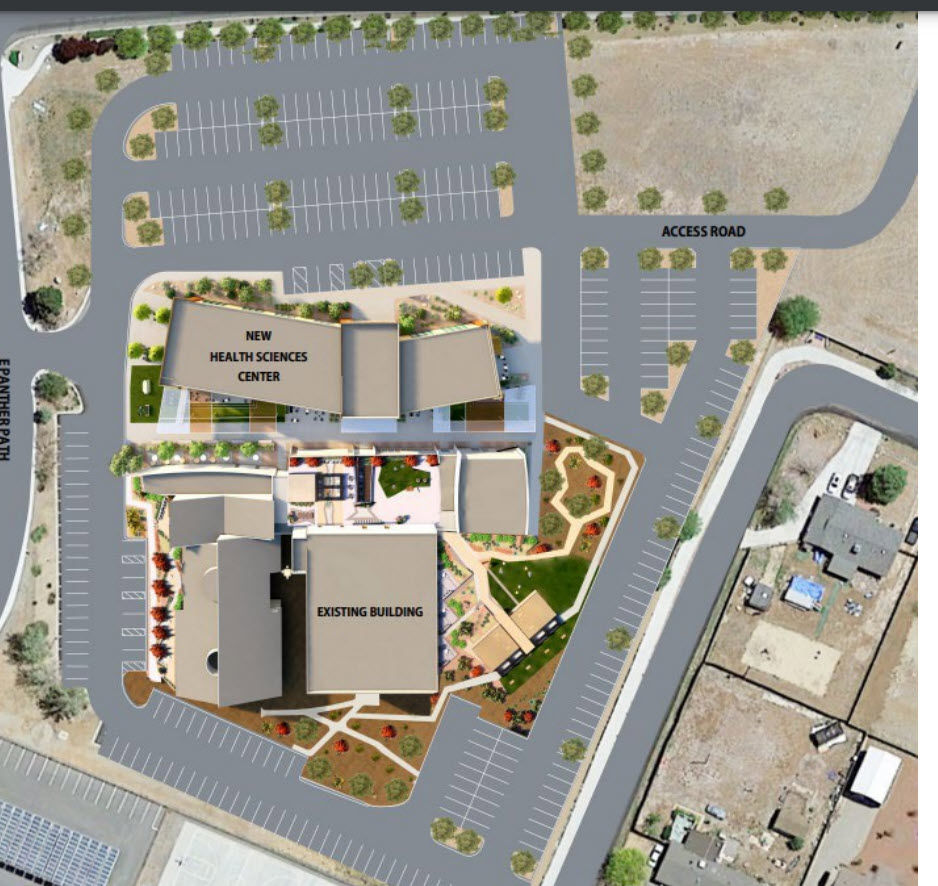Program had allowed students the opportunity to obtain two year degree in a variety of trades tuition free; aimed at striking down barriers between aspiring students and skills needed to pursue meaningful careers. Affects training of future teachers, nurses, firefighters, accountants, mechanics and more.
The Yavapai Community College leadership announced at the April District Governing Board meeting that it was discontinuing its financial support for the “Workforce Promise” program. The program, announced with great fanfare in June 2022, was designed to provide county students, of any age, the chance to earn a two-year degree in a variety of trades, tuition-free.
In its 2022 press release describing the program, the College said:
“Future teachers, nurses, firefighters, accountants, mechanics and more can find the breakthrough they have been looking for in the Workforce Promise, which reimburses students for their tuition expenses if they complete their degree program within seven semesters.”
“The Workforce Promise is yet another way Yavapai College makes education accessible and affordable for the residents of Yavapai County.” College President Dr. Lisa Rhine explained. “This program is open to students of all ages. It can help students achieve their degrees debt-free in career and technical education fields that are in high demand with living wage job opportunities in our region.”
The short clip below contains the Community College’s notice to the Board regarding discontinuing this program. It is noteworthy that no Board members asked any questions about the decision.
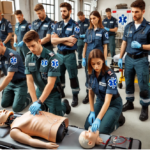 On July 25 Yavapai Community College awarded 16 Emergency Medical Service certificates to students as they completed the rigorous Paramedic Training Program. “You have chosen a path that demands courage, resilience, and an unwavering commitment to serving others,” Yavapai College Community College EMS Program Director Alexander Lewis said in addressing the paramedics. “I have no doubt that you will rise to meet these demands and make us all proud.”
On July 25 Yavapai Community College awarded 16 Emergency Medical Service certificates to students as they completed the rigorous Paramedic Training Program. “You have chosen a path that demands courage, resilience, and an unwavering commitment to serving others,” Yavapai College Community College EMS Program Director Alexander Lewis said in addressing the paramedics. “I have no doubt that you will rise to meet these demands and make us all proud.” Yavapai Community College will receive a portion of the $4.5 million allocated by Arizona Governor Katie Hobbs earlier this year to support the College Workforce Scholarship program. The funds will be shared among nine other community colleges.
Yavapai Community College will receive a portion of the $4.5 million allocated by Arizona Governor Katie Hobbs earlier this year to support the College Workforce Scholarship program. The funds will be shared among nine other community colleges. Yavapai Community College announced in an April 15 press release that the top students in the Verde Valley’s and Prescott airport based Career and Technical Education Center’s workforce development programs were honored at an “Evening of Recognition” dinner and ceremony held April 12. The night’s highest honors, the Provost Award for Excellence and the President’s Award for Excellence went to George Smith and Joshua Nomland, respectively.
Yavapai Community College announced in an April 15 press release that the top students in the Verde Valley’s and Prescott airport based Career and Technical Education Center’s workforce development programs were honored at an “Evening of Recognition” dinner and ceremony held April 12. The night’s highest honors, the Provost Award for Excellence and the President’s Award for Excellence went to George Smith and Joshua Nomland, respectively. The Yavapai Community College District Governing Board was informed during its February 20 meeting that the College, in collaboration with the Mountain Institute Career and Technical Education District (MICTED), was planning to establish a culinary training facility at the College’s Chino Valley Center. It was described as an initiative that stemmed from the success of the training program already in place at Prescott High School under the auspices of the Mountain Institute.
The Yavapai Community College District Governing Board was informed during its February 20 meeting that the College, in collaboration with the Mountain Institute Career and Technical Education District (MICTED), was planning to establish a culinary training facility at the College’s Chino Valley Center. It was described as an initiative that stemmed from the success of the training program already in place at Prescott High School under the auspices of the Mountain Institute.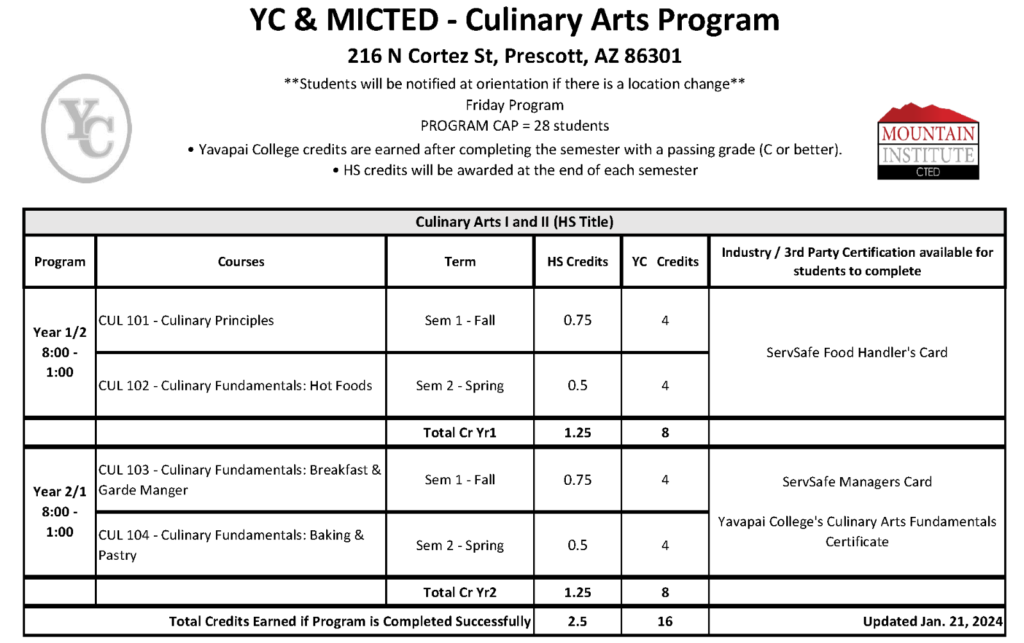
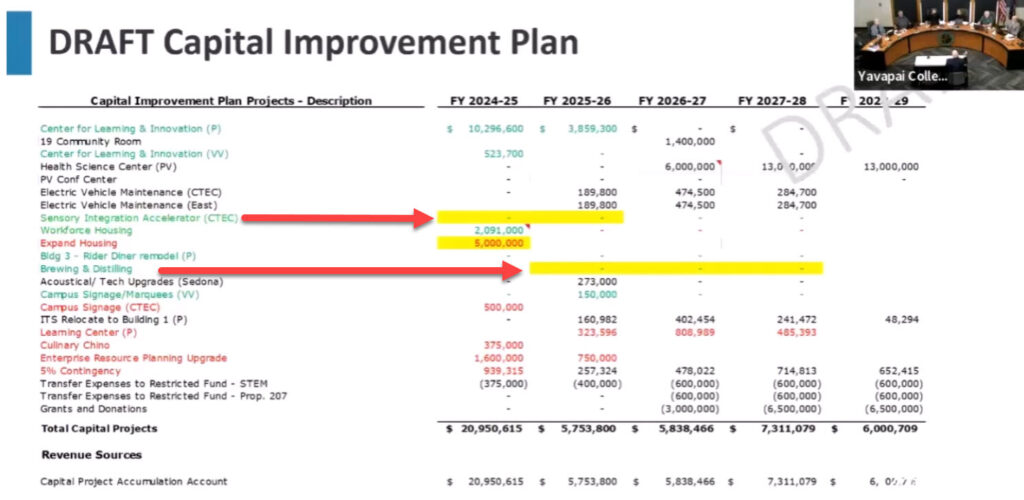
 The Yavapai Community College automotive program announced in a December 7 press release, authored by Tyler Rumsey, that it has received ASE Training Program reaccreditation from the ASE Education Foundation. The automotive program has been accredited in maintenance and light repair through 2028.
The Yavapai Community College automotive program announced in a December 7 press release, authored by Tyler Rumsey, that it has received ASE Training Program reaccreditation from the ASE Education Foundation. The automotive program has been accredited in maintenance and light repair through 2028.
